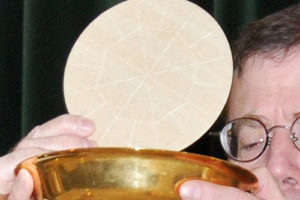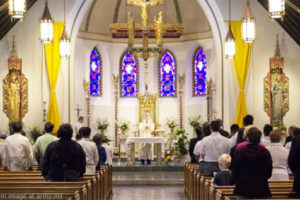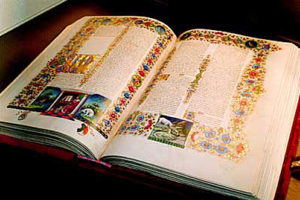CATHOLIC MASS VIDEO: Sixth Sunday in Ordinary Time 2.17.19 – Catholic TV (Archdiocese of Boston)

Catholic TV Mass for the Sixth Sunday in Ordinary Time, Feb. 17, 2019, from Catholic TV in the Archdiocese of Boston. [Click here for Mass Readings] Your browser does not support iframes. [featured image is file photo]
» Read more




